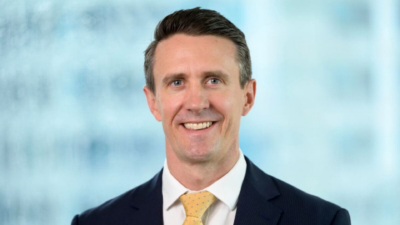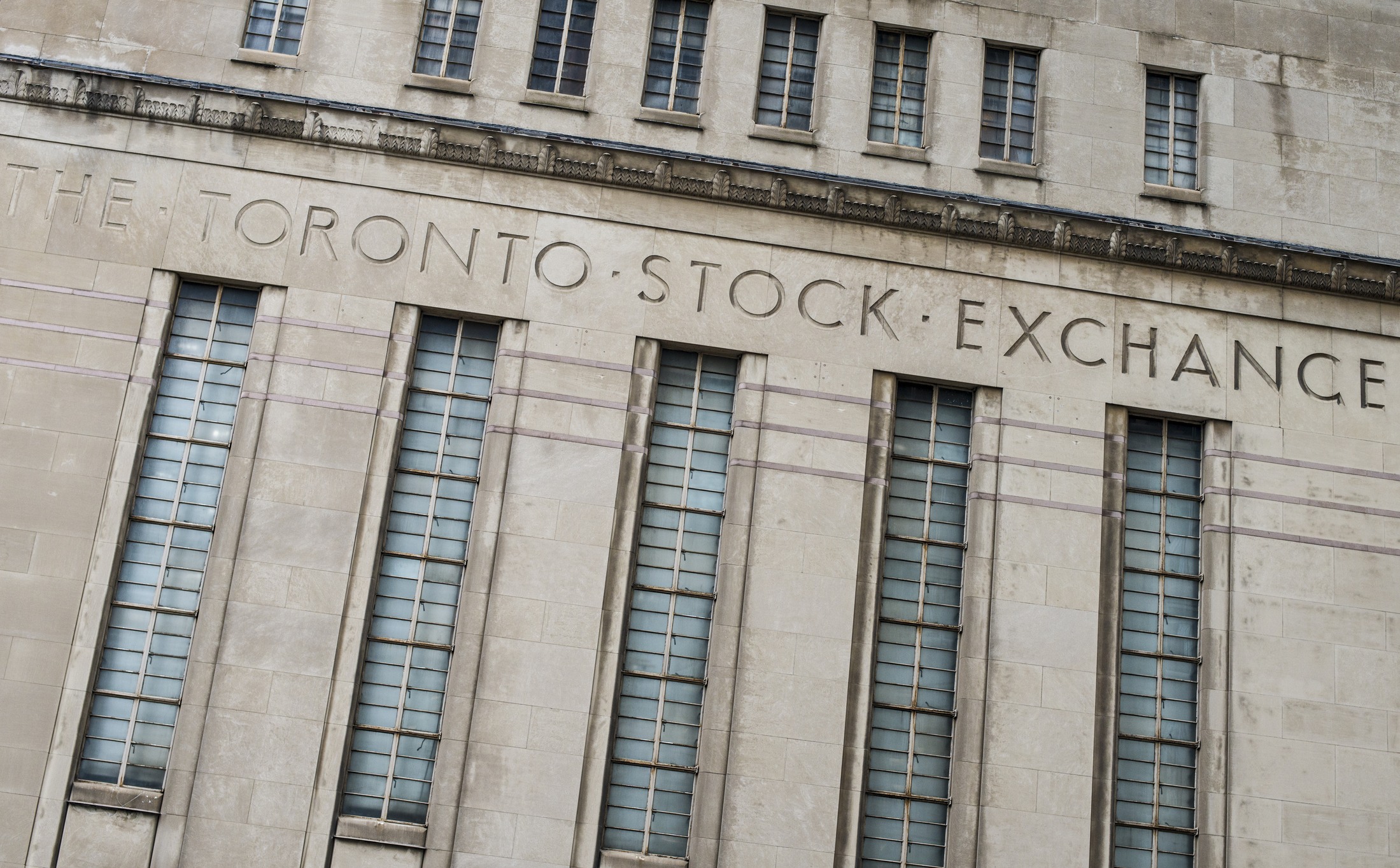Federated Hermes hunts more growth Down Under
Tasked with managing $3.4 trillion of retirement savings for the future in a country with an equity market substantially more prone to stranded asset risk, Australia’s super funds have been leading proponents of sustainable investing. And while ESG efforts have seen little progress in the last decade – and other countries have lapped us in terms of regulation – the sustainability opportunity has seen Federated Hermes (FH), which has around US$630 billion under management and US$1.1 trillion under advice, take a keen interest in partnering with local funds.
“The Australian institutional investor community have been amongst the pioneers globally in having those values and that belief system and understanding that ESG will drive value long-term in your investment performance,” said Harriet Steel, head of business development at FH. “They’ve been very early adopters of shareholder engagement to achieve that.”
FH counts eight of Australia’s 15 largest super funds as clients of its stewardship business, which engages with global companies that are beyond the reach of Australian funds. It also has a “material investment relationship” with many of them in ESG global equities and private equity. Recently appointed by Colonial First State to provide international stewardship services, FH is now looking to broaden its relationship with existing Australian clients across a “broad range of sustainability solutions” in both the public and private markets.
“Australia’s a very important part of our future – purely the institutional end investors at this stage,” Steel said, while adding that FH has a significant retail business and a strong presence in the UK through relationships with brokers and domestic IFAs, as well as a large footprint in the European wealth management market and regional banks.
Regulatory efforts in Europe have seen a “huge acceleration” in sustainable investing and created a “much broader church” of investors interested in sustainability beyond the pension funds. To respond to demand, FH has also launched a biodiversity fund in public equities and is about to launch a sustainable real estate debt strategy.
Still, funds are facing a serious challenge around “consistent measurements” of carbon; with no global standards in place, they’re often forced to make do with the fragmented data supplied by their external managers. It’s a challenge that shows no signs of abating. Steel says that the “intellectual capital” that FH delivers as an output of its stewardship efforts has been helpful here, and doesn’t believe that funds will in-house similar functions given the vast resources required to run them on a global scale.
And while there have been concerns about how Your Future, Your Super (YFYS) will impact the march towards sustainability by bringing a distant investment horizon substantially closer through the imposition of severe tracking error constraints – concerns that have only grown with the rally in pollutive industries post-Ukraine – Steel notes that the issue is hardly limited to the Australian market.
“We were speaking with (an international client) the other day and they were saying that their trustees were putting pressure on them to accelerate their net-zero objectives, and by the same token banging them on the head and saying that they still needed to deliver against benchmarks,” Steel said. “It’s a universal challenge, and it will be interesting to see how that evolves in the coming years as these become issues become more urgent imperatives.”
To solve those dual issues, Steel believes private markets are the place to be. They’re also one of the few places where external managers can still add value in the new era of investment internalisation. Fee sensitivity is still rife (local distribution lead Gary Horton previously identified Australia as “the most competitive fee market in the whole world”) but there is now a broad acknowledgment from funds that if they want competitive returns, they’re going to have to pay for them.
“There’s an important role for private markets to play in that… those allocations have been able to deliver important impacts to net zero and they’re sort of exempt from some of those (global benchmarking) concerns,” Steel said.











